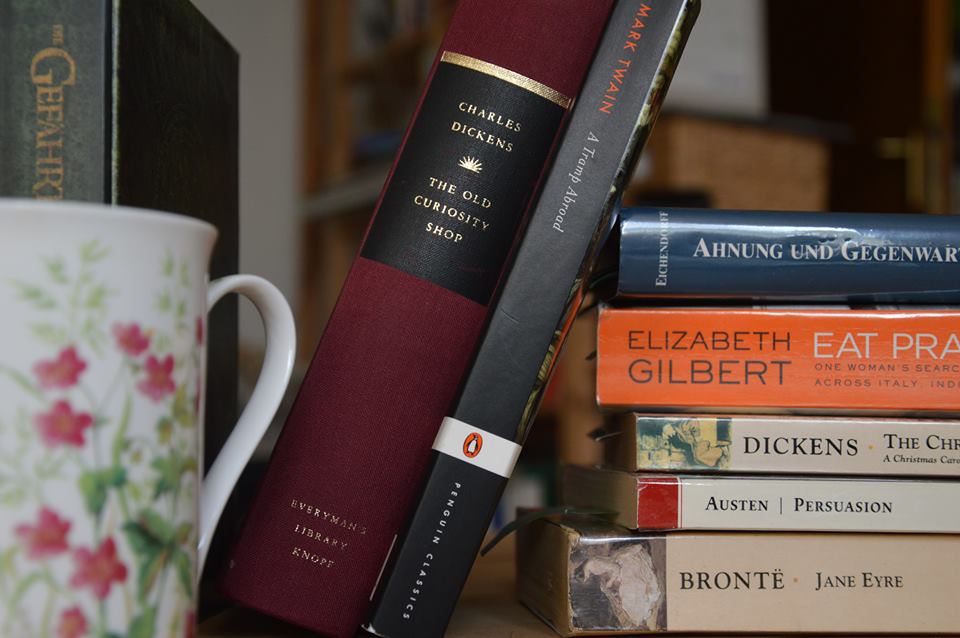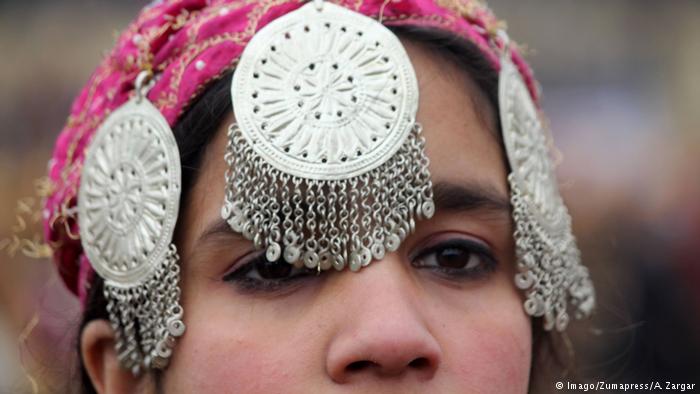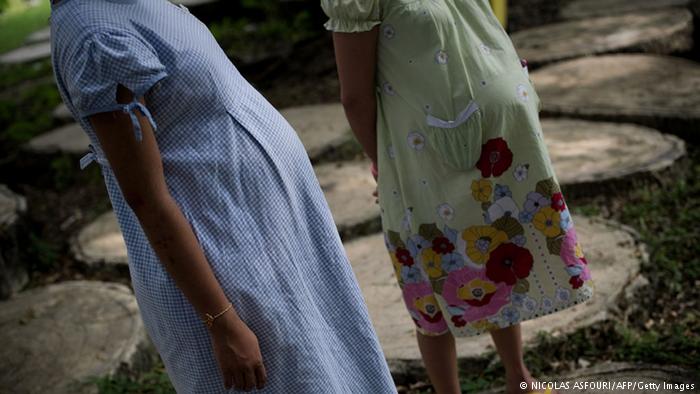Books you might want to read when it’s raining outside
 We all know those days. Nothing is really wrong, but the sun doesn’t shine and we feel low. On rainy days like this, sometimes it just helps to go into another world. If you read a good book, you can go there without even having to go out and get wet. I am going to mention some books which are rather different. I will not give you the whole story but I will tell you the end: they live happily ever after. We need some cheering up, so we need happy endings. Keep on reading!
We all know those days. Nothing is really wrong, but the sun doesn’t shine and we feel low. On rainy days like this, sometimes it just helps to go into another world. If you read a good book, you can go there without even having to go out and get wet. I am going to mention some books which are rather different. I will not give you the whole story but I will tell you the end: they live happily ever after. We need some cheering up, so we need happy endings. Keep on reading!
North and South by Elizabeth Gaskell
This is a story about a young woman named Margaret Hale who leaves the countryside with her mother and father to live in an industrial city called Milton, which is probably Manchester. There she meets the cotton mill manufacturer, John Thornton. They despise each other at the beginning. He sees her as haughty; she sees him as coarse and unfeeling to his workers. Being a pastor’s daughter she wants to fight for the weak and takes the side of the hungry workers and the union. So it takes a while before they really get to know each other.
The romance budding between Margaret and John is intertwined with social problems around them which are caused by the industrial revolution. This book was published in 1855, about 40 years after Jane Austen’s novels and touches more social issues than just young women who hope to marry good men simply because they cannot earn their own money and need somebody to support them. What I like in this book: it is not the man who “rescues” the woman.
 Jane Eyre by Charlotte Brontë
Jane Eyre by Charlotte Brontë
This is a story of a young single woman who survives growing up without parents in an orphanage where children are abused and she stays righteous and true to herself till the end. This novel was published in 1847. We could say that Jane is quite modern for her time. Since she is alone in the world, she earns money by teaching and working as a governess.
When she works for the rich, proud, moody, cynical Edward Rochester, she falls in love with him. When she learns that Rochester might marry another (rich) woman, she decides to leave and find work somewhere else. But she sees him as her equal, so she tells him that she loves him. “It is my spirit addresses your spirit… equal – as we are!” Unfortunately that is not the end of the story but Jane does find happiness at the end.
The Lord of the Rings by J. R. R. Tolkien
It is a trilogy, so it is a long story. But who knows, sometimes the rain will not stop the whole weekend, so just start reading. The story is basically about the battle between good and evil. It all starts with a ring that gives whoever wearing it a certain kind of power – which in itself, is not harmful. On the other hand there is human nature which is quite often tempted to misuse power and there is a group of good people who sees this threat and wants to destroy the ring. They have to fight against an at least a thousand-times-bigger group that wants to get the ring to have the ultimate power.
Tolkien describes many things in detail, such as armor and the appearance of the ugly creatures that slay the good ones. One of the most destructive monsters in this story is indestructible because he is a living dead. So in the last battle he coldly says to the last person brave enough to face him, “Thou fool. No living man may hinder me.” That person’s answer is my favorite sentence in the book: “But no living man am I! You look upon a woman!” She removes her headgear and destroys him together with a Hobbit.
The monster reminds me of the ISIS-fighters who are terrified of the female Kurdish warriors because these brutal men who have slain many innocent people believe that they would not go to heaven and get the 27 virgins if they are killed by a woman. Tolkien’s “living dead” should have run for his life.
Eat Pray Love by Elisabeth Gilbert
It is about the life’s journey of the author. When she embarked on the journey, she had a broken marriage and a relationship that made her sink into depression. The journey was the only way out of it. So she went to three countries, the names of all of which started with an “I.” At the same time she went through three steps to have a healthy mind again. She ate in Italy, prayed in India and loved in Indonesia. Gilbert describes many situations in her journey with a language that sometimes makes you smile. I think the strongest part of the book is that she shows her vulnerability in many situations. A person can only do that when he/she has a good amount of confidence.
When she was in India, one of her duty in the ashram was cleaning the flour. It reminds me of a scene in the movie about Martin Luther, the seminal figure of the Protestant Reformation, with Joseph Fiennes as Luther. He was still a Catholic priest and cleaning the floor in the abbey, when he struggled with his own thoughts and critics against the Catholic Church. It makes me wonder; maybe cleaning the floor (on all four!) is a good way to see in which direction you have to proceed in life.
The Song of the Lark by Willa Cather
It is the story of a young ambitious girl, Thea Kronborg. Her dream is to become a pianist, but her teacher realizes that her true artistic gift is singing. Because of her strong work ethic and will she becomes successful.
What I find interesting in this story is that at the end of the long struggle, Thea becomes a famous singer and the story ends there. She does not find any love or get married or have children, which you would normally expect if you are used to reading novels by Jane Austen.
From the Life of a Good-For-Nothing (Aus dem Leben eines Taugenichts) by Joseph von Eichendorff
If you like a touch of fairy tale, you might like this story. But it is not about a girl who is saved by a knight in shining armor. It is about a poor young man who falls in love with a princess. Like a fairy tale it has a happy ending.
But before that the young man has to go through a journey. On this journey he who is called Taugenichts (good-for-nothing) learns a lot about life and becomes a better man; and she turns out not to be a princess after all.
When you read this story, you might also want to listen to Mozart’s Magic Flute. The Good-For-Nothing kinds remind me of Mozart’s Papageno, the bird catcher. Anyway, either you enjoy it separately or together, both great works will definitely make you forget the rain outside!
Author: Marjory Linardy
Editor: Manasi Gopalakrishnan






